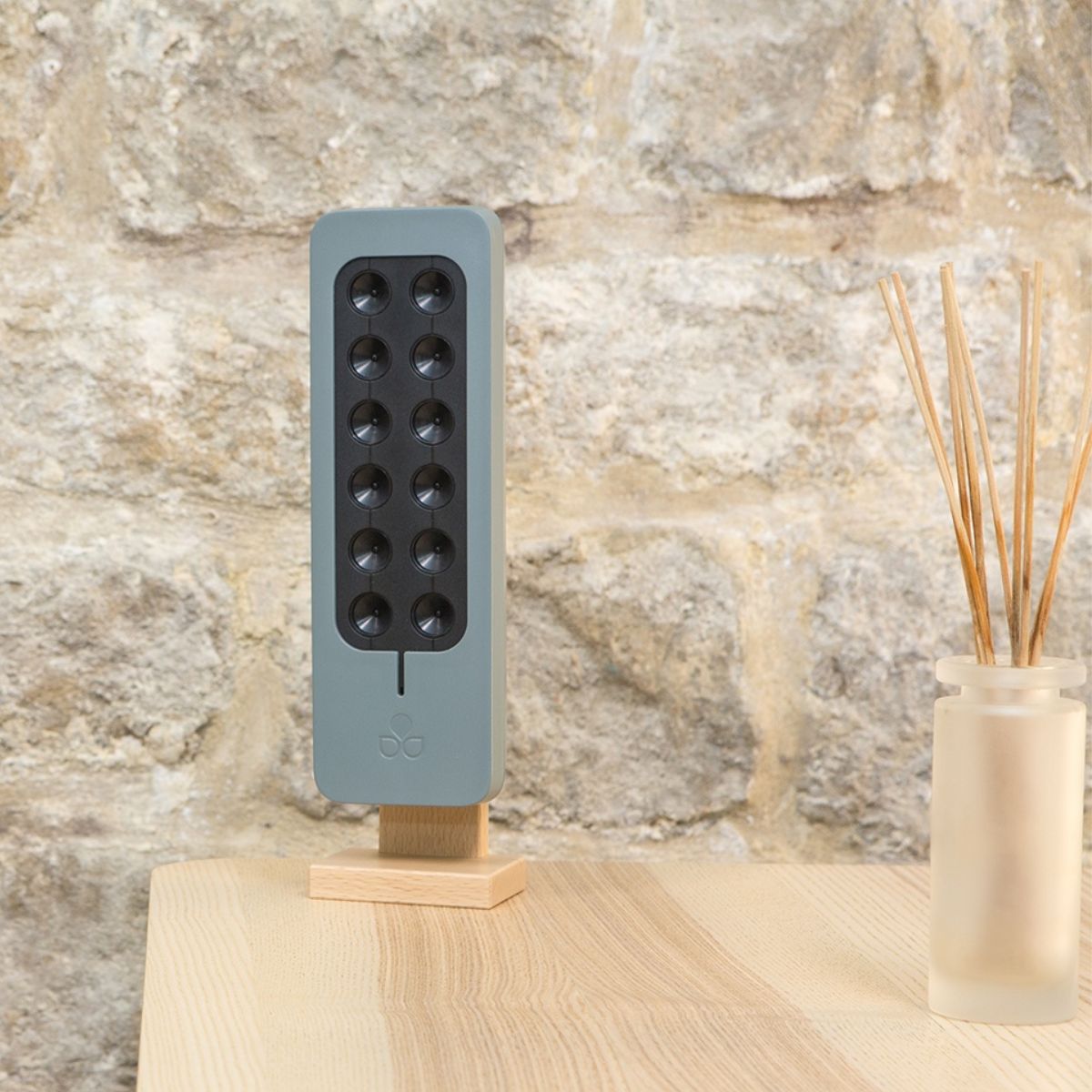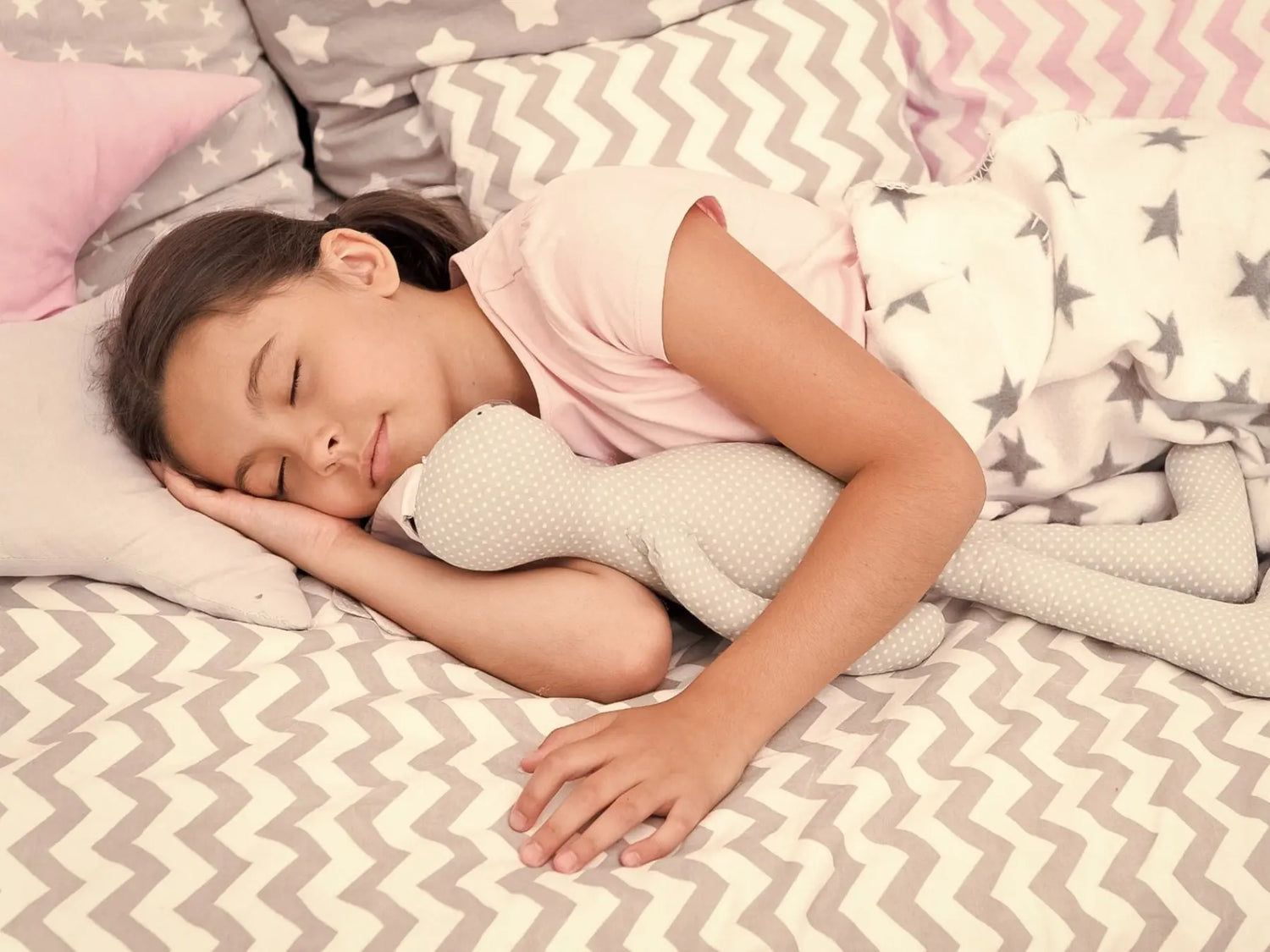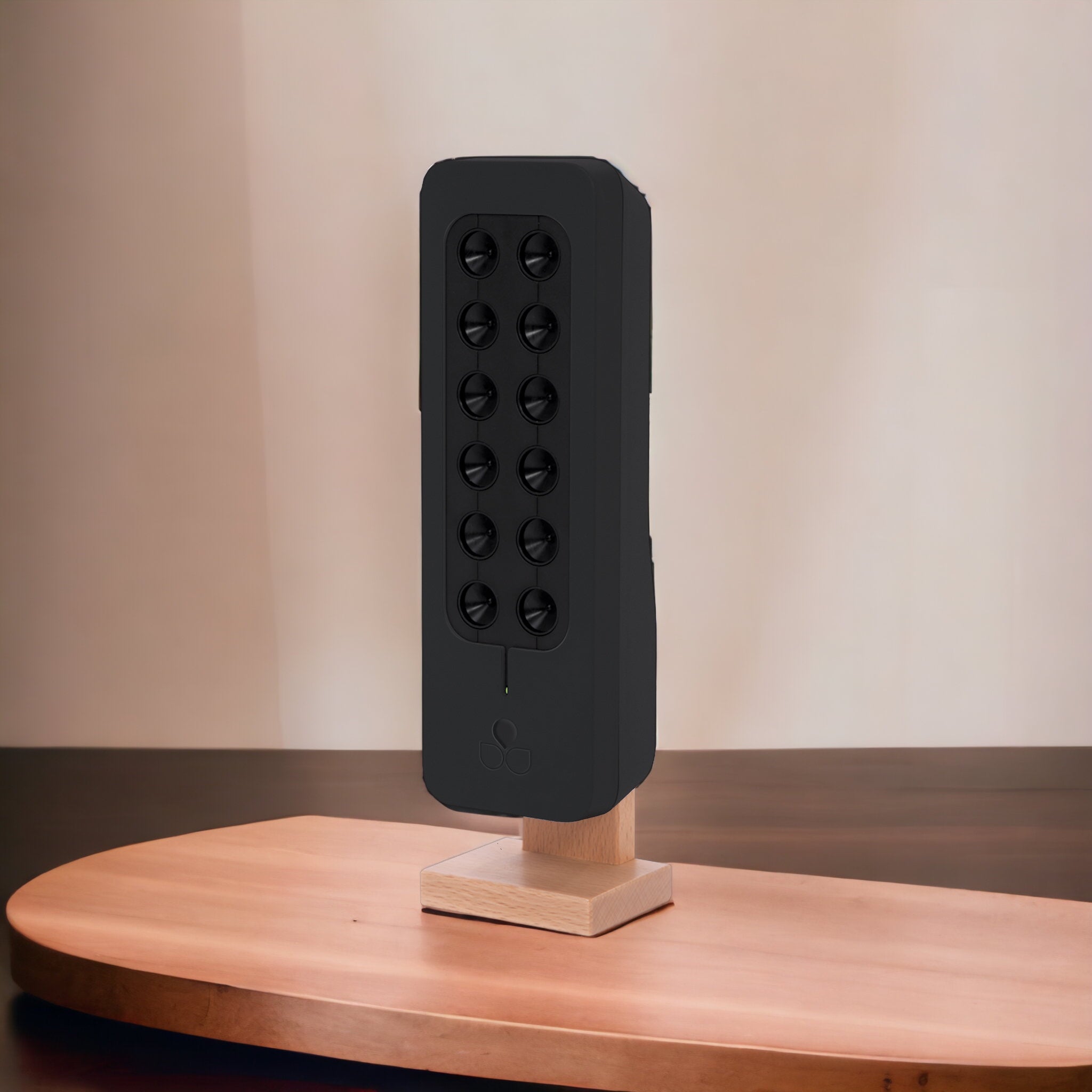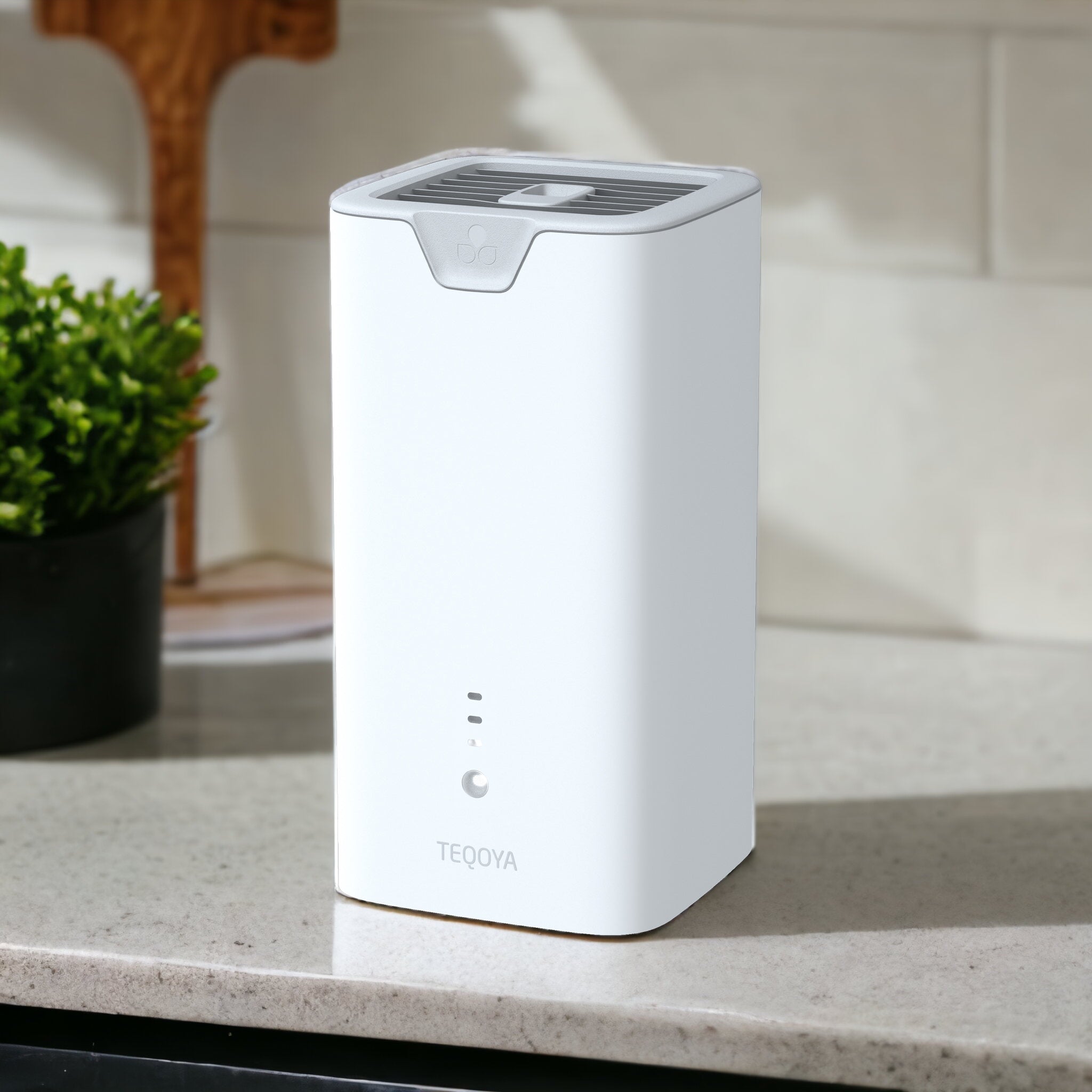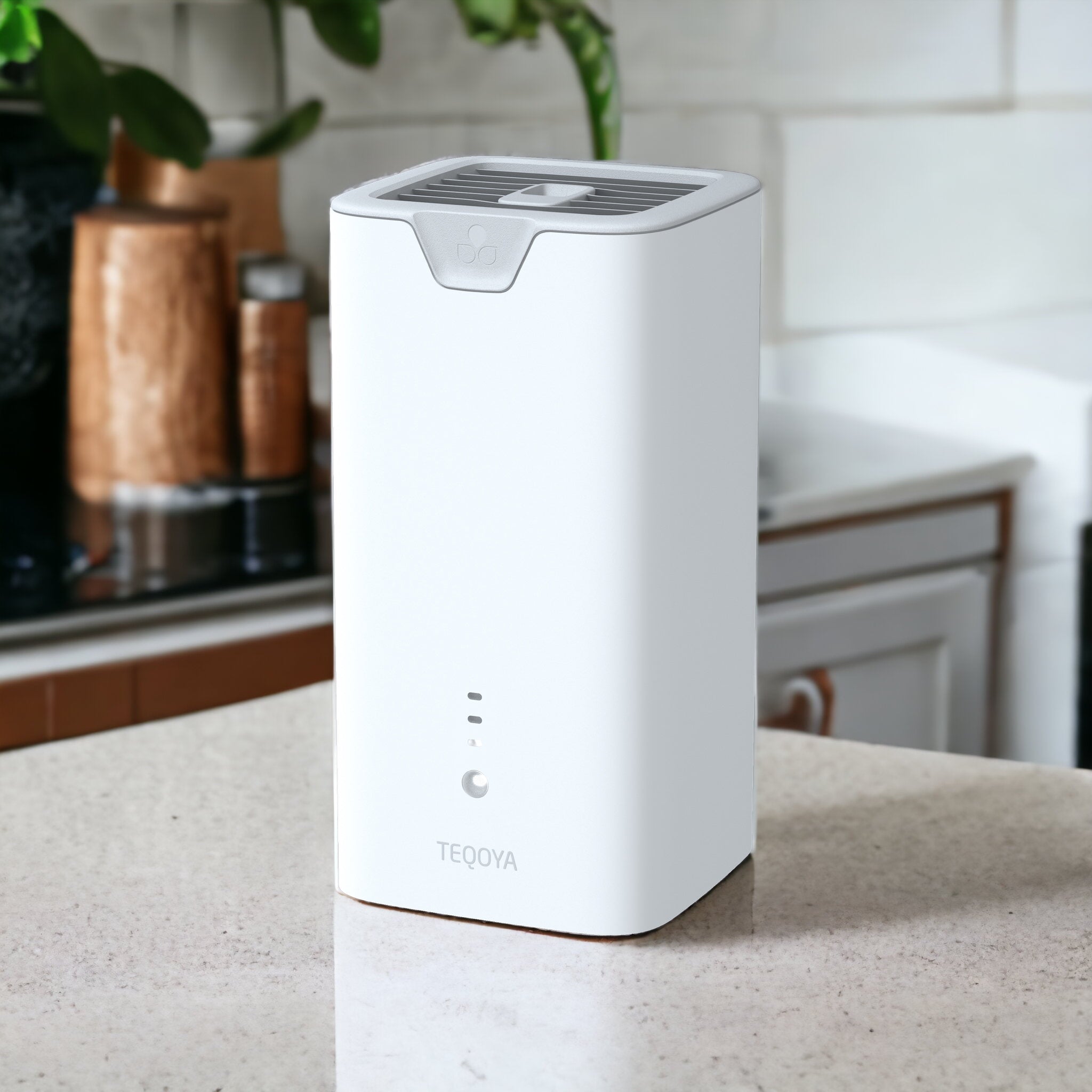Sleep, a vital and involuntary activity, consumes around one-third of our lives. A lack of it can lead to emotional and physical health issues, such as mood shifts, memory and concentration problems, depression, obesity, type 2 diabetes, heart disease, and high blood pressure. To help you achieve better sleep, this guide will provide a range of scientifically-backed techniques and habits, from natural remedies to lifestyle changes.
1. Understanding the Importance of Sleep
Sleep is more than just a phase of rest. It is during this period that our brain processes information and consolidates memory. Compromising on our sleep quality and duration can affect our performance, mood, interpersonal relationships, and, most importantly, our health.
The Consequences of Insufficient Sleep
A shortfall in sleep can lead to tiredness, a weakened immune system, and an increased risk of developing certain diseases such as strokes, diabetes, and high blood pressure.
2. Lifestyle Changes for Better Sleep
There are several habits and behaviors that we can modify in our daily lives to promote better sleep.
Limit Stimulant Intake
Stimulants such as alcohol, nicotine, and caffeine can disrupt sleep. Caffeine can stay in our bodies for an average of three to five hours, with some individuals feeling the effects for up to 12 hours.
Proper Meal Timing
Large dinners before bedtime should be avoided as they can also disrupt sleep.
Exercise Regularly, but Time it Right
Regular physical activity can help us sleep better by reducing anxiety and relieving stress. However, intensive exercise should be avoided within two to three hours before sleep.
3. Natural Remedies for Sleep
There are several natural sleep aids that can enhance your sleep quality without the side effects or drug interactions associated with prescription sleep aids.
Herbal teas, such as chamomile, have been linked to sleep improvement. Chamomile tea is believed to interact with benzodiazepine receptors in the brain involved in the sleep-wake transition.
Warm milk is thought to be associated with chemicals that simulate the effects of tryptophan on the brain, a chemical building block for the substance serotonin involved in the sleep-wake transition.
Tart cherry juice might support melatonin production and support a healthy sleep cycle.
4. Exercise and Sleep
Moderate aerobic exercise can increase the amount of nourishing slow-wave (deep) sleep you get. However, timing is crucial.
The Right Time to Exercise
Aerobic exercise releases endorphins, chemicals that can keep people awake. This is why it's best to avoid working out within two hours of bedtime.
5. Melatonin Supplements
Melatonin, a hormone naturally released in the brain before sleep, can also be taken as an over-the-counter supplement. This hormone is triggered by the body's response to reduced light exposure, which should naturally happen at night.
Melatonin Supplement Considerations
Because melatonin supplements are unregulated by the FDA, the per-pill dosages and ingredients may differ from manufacturer to manufacturer. Stick with one brand, and don’t buy it online from an unknown source.
6. Optimum Sleep Environment
The environment in which we sleep plays a significant role in how well we sleep.
Room Temperature
The ideal temperature for your thermostat is between 65 and 72 degrees.
Light Exposure
Exposure to unnatural light from your phone, laptop, or TV after dark can prevent melatonin release, making it hard to fall asleep.
7. Sleep Hygiene Practices
There are certain practices that can further promote better sleep.
Avoid Light Exposure During Nighttime Bathroom Breaks
If you need to get up at night, avoid turning on the lights as this can disrupt sleep. Instead, use a flashlight as it offers less visual disruption.
Dress Appropriately for Bed
Wear cotton or breathable fabrics to bed to help regulate your body temperature.
8. Conclusion
Sleep is not a luxury, but a necessity for our overall health and well-being. By making some simple changes to our lifestyle and adopting healthy sleep habits, we can significantly improve our sleep quality and, by extension, our daily lives.
9. References
10. Further Reading
-
The Sleep Revolution: Transforming Your Life, One Night at a Time by Arianna Huffington
-
Why We Sleep: Unlocking the Power of Sleep and Dreams by Matthew Walker, PhD
This article is not intended to replace professional medical advice. Always seek the advice of your physician or a qualified health provider with any questions you may have regarding a medical condition.


